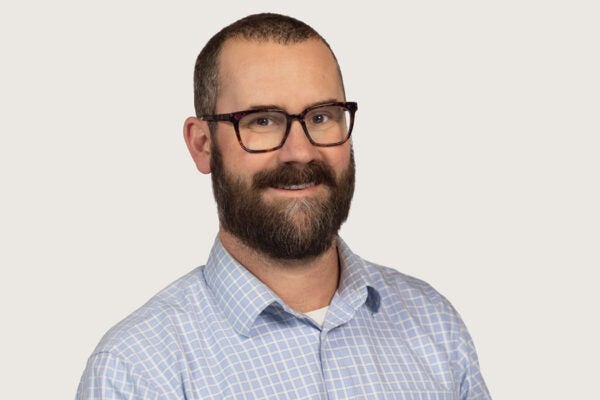In the midst of a pandemic, streets crowded with protesters raise real concerns about increased transmission of coronavirus. Yet many public health authorities, including the World Health Organization, have spoken out in support of the movement against racism and police violence. That’s because, as epidemiologist Justin Feldman explained in 2015, the problems that protesters are addressing are also public health issues.
Feldman argues that public health professionals have a particular role to play in addressing biased and violent policing. That’s partly because public health agencies already collect data on injuries and deaths in a community, which means they are well positioned to monitor and investigate violent incidents.
In 2013, in addition to much-discussed killings, police across the U.S. sent 100,000 people to the emergency room. The International Classification of Diseases provides a set of codes that public health agencies can use to mark injuries and fatalities as a result of “legal intervention.” However, coroners and medical examiners don’t always use them where they’re warranted. Health care workers similarly underreport injuries caused by police. Feldman suggests that state and local public health agencies mandate better reporting on such incidents and share the resulting data with police oversight boards and state attorneys general.
Researchers have also found a range of less direct health consequences from policing strategies. Police crackdowns can discourage injection drug users from carrying clean needles. Stop-and-frisk programs result in post-traumatic stress in targeted Black and Latino communities. When police have a presence in hospitals, Black men on probation are less likely to use emergency rooms. Police enforcement of laws against sex work create riskier conditions for sex workers.
Weekly Newsletter
Feldman suggests that public health professionals could help push public policy away from the use of police to address issues like drug use, problem drinking, homelessness, and mental illness—all of which might better be seen from a health perspective. For example, many states have passed laws that bar police from arresting opioid users who report a drug overdose. However, Feldman notes, these laws may be relatively politically palatable because politicians and the public tend to view the opioid epidemic as a problem largely affecting white people. An antiracist public health approach would work to spread less punitive, more health-oriented policies to crises that disproportionately affect Black people.
While no public health official is likely to say that gathering in crowds during a pandemic is risk-free, what people in the field are pointing out is that there’s a trade-off between those health risks and the ones that the protesters are working to reduce.
Editor’s note: The title of this piece was updated after publication to remove the word “Yes.”
Support JSTOR Daily! Join our new membership program on Patreon today.







